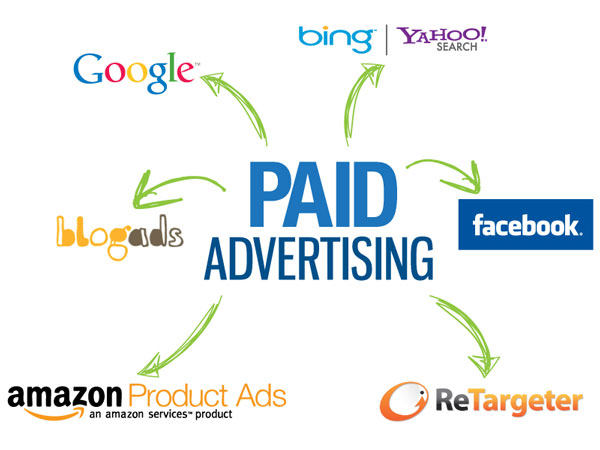
This post is contributed by Jason Dirkham
Paid online advertising – using Google’s AdWords platform, for example – is a necessary evil if you want to increase visibility for your startup. It can give you significant results very quickly – far faster than, say, planning an entire SEO campaign – but equally, it can soon get incredibly expensive.
You need to be exceptionally careful about planning your campaigns to ensure your money doesn’t go to waste – and the following tips will explain a few of the most vital points to remember.
DO: Get to grips with Google Analytics.
First of all, it makes a lot of sense to spend some time in Google’s Adwords platform – or Bing’s alternative – as these are where you will be running your campaigns from, and a thorough knowledge is required. However, don’t forget about Google Analytics, which can prove invaluable.
In Google Analytics, you can learn about all kinds of things that will benefit your campaigns, from the organic keywords you are already getting results with through to customized URL tracking. Google Analytics is an absolute must, and an impressive tool at your disposal – so take some time to get to know it.
DON’T: Rely on single keywords
Whatever industry you are in, the chances are that your most popular keywords are very expensive to buy. And as a startup, counting every cent is likely to be a high priority, rather than paying a few dollars each time your ads are displayed. Instead, you have to get to grips with long-tail keywords and be a little bright about using them. Google’s AdWords tool is pretty good, but where it slips up is that it tends to push people towards single phrases and keywords, which aim for very broad targets.
Let’s run through a quick example and assume you are selling sneakers from an eCommerce store. Your ‘head’ keyword might be ‘sneakers’, but everyone and his dog is likely to be bidding on it. But what if you were to try ‘Adidas sneakers size 10 in black?’ Straight away you are narrowing down your market, but also being more targeted and specific. The keywords will cost you far less to run in your ads, too.
DO: Create fantastic landing pages.
The third part of the paid ads holy trinity is nothing to do with ads – and a lot of businesses forget about it. Your landing page is where the customer ends up after clicking on your ad, and it’s probably the single most crucial part of planning your campaign. Ultimately, your ads can be smart, unique, and incredibly clickable to all and sundry, but if the landing page doesn’t make the sale, it will all be for nothing.
There are lots of theories about what makes up the perfect landing page, but the reality is that it will be different for every business and product. Once you start tracking your visitors, however, you can make tweaks whenever you need to, and ensure that you are improving what isn’t working.
Using platforms like Google AdWords is a lot more complicated than this, of course. However, these three points are vital to achieving success, and should provide the cornerstone for everything else, and help you avoid spending a fortune on dud ads. Good luck – and let us know how you get on!
